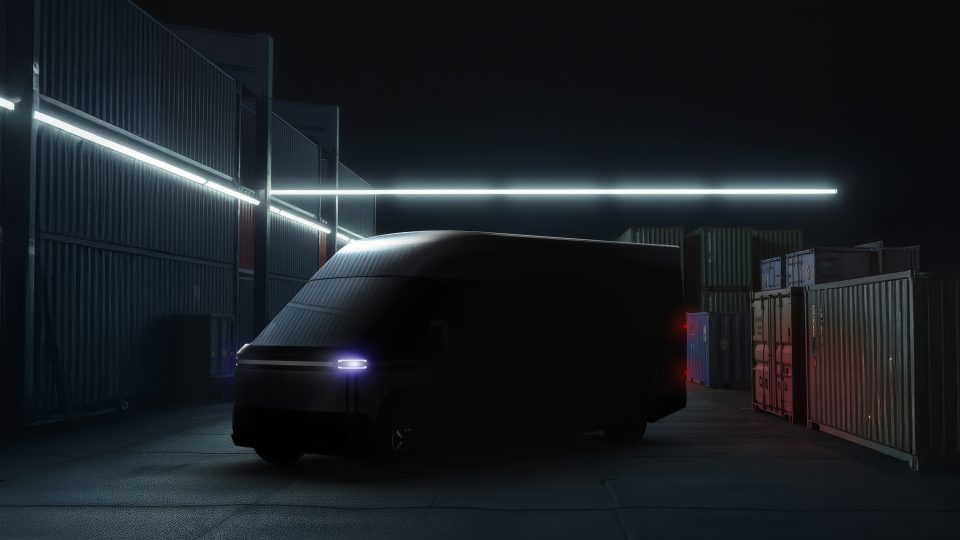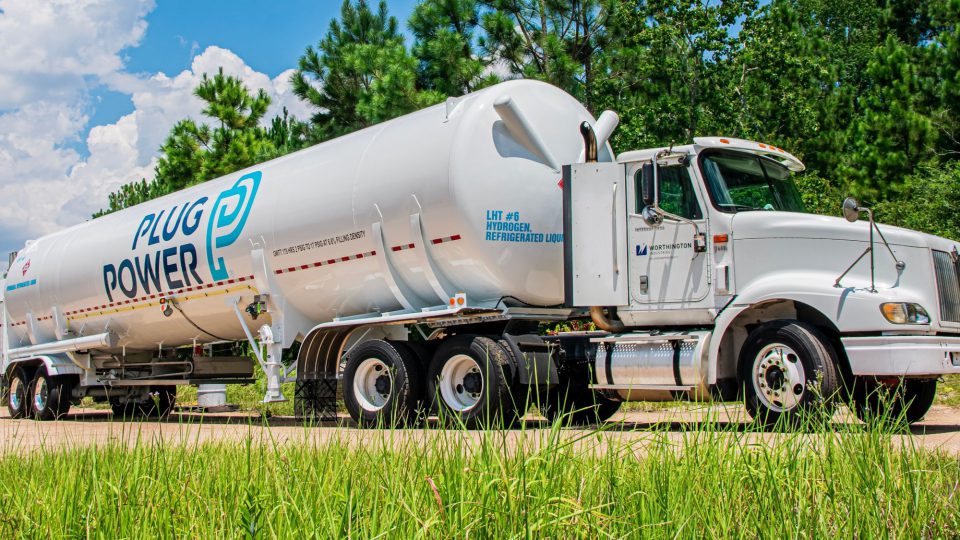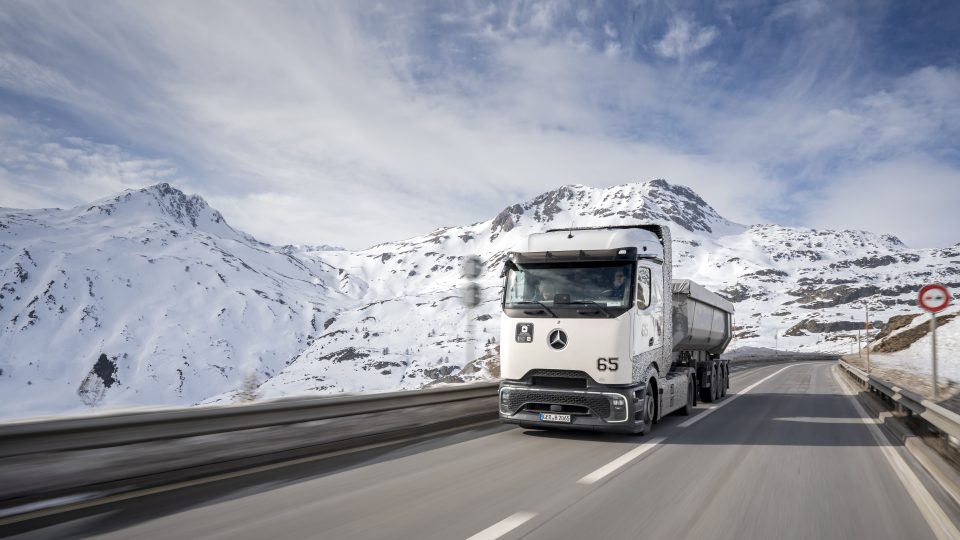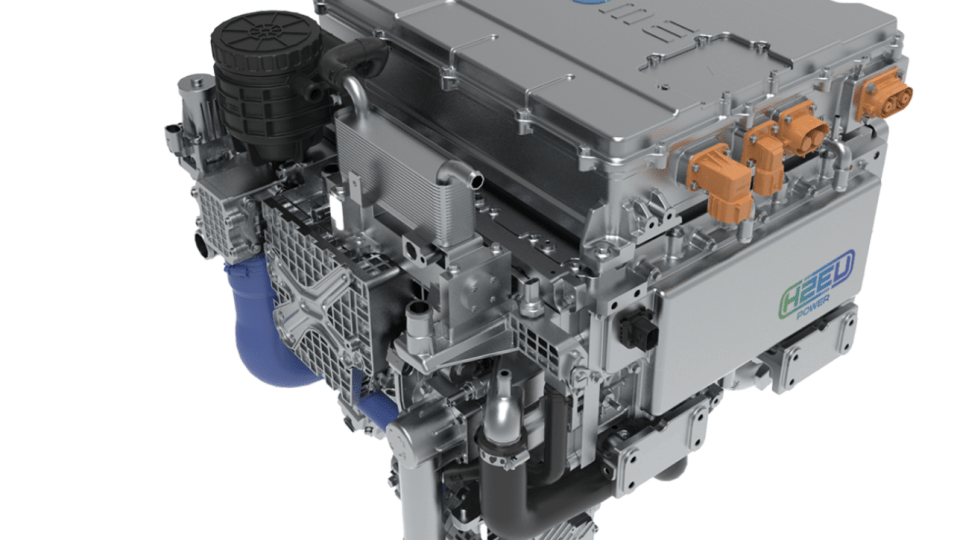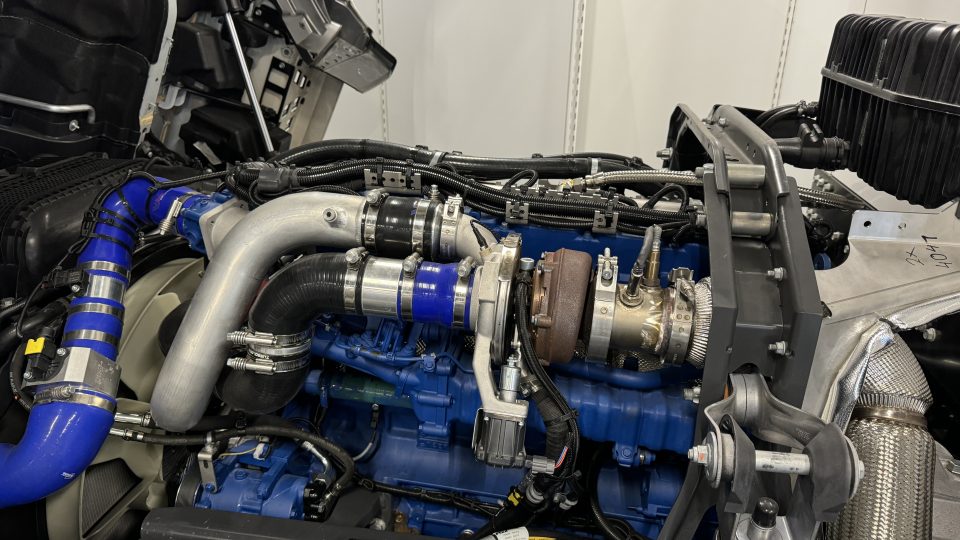Hydrogen vans, HYVIA makes the Renault Master Van H2-Tech available for test drives in Spain
Renault Master Van H2-Tech is a hydrogen-powered large van, with a loading volume of 12 cubic meters, adapted to the transport of goods and packages, that meets the needs of professionals for their intensive usages. Refueling time is only 5 minutes, while autonomy reaches 400 km.
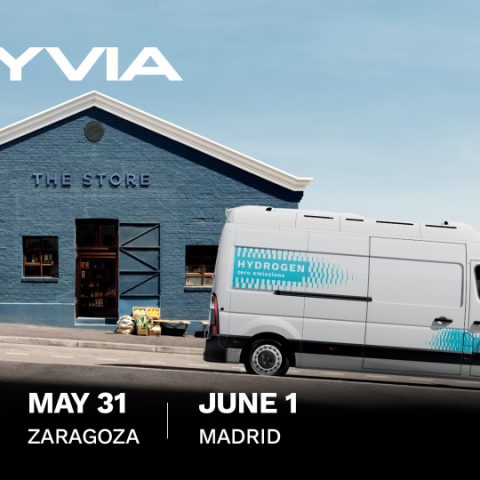
Renault Master Van H2-Tech, the first of hydrogen vans developed by joint venture HYVIA will be made available for test drives in Spain in the next few days. More into details, the hydrogen-powered van will be in Barcelona on May 30, in Zaragoza on May 31 and in Madrid on June 1.
Hydrogen vans: Renault Master Van H2-Tech from HYVIA
Renault Master Van H2-Tech is a hydrogen-powered large van, with a loading volume of 12 cubic meters, adapted to the transport of goods and packages, that meets the needs of professionals for their intensive usages. With an optimal refueling time of only 5 minutes and an autonomy of 400 km, it allows companies and communities to maintain the competitiveness of their activity by emitting zero emissions. The hydrogen van is powered by a 30 kW fuel cell by Plug technology. Plug Power shares the HYVIA joint venture together with Renault.
Spain is a strategic country for both companies as the country is very committed to energy transition. “After our test drives in the Netherlands beginning in May, HYVIA continues to move forward in Europe and is proud to test drive again its hydrogen van Renault Master Van H2-TECH in Spain”, commented Julien Etienne, HYVIA Chief Commercial Officer.
Plug’s 30 kW fuel cell
“Less than two years ago Renault Group and Plug joined forces in the HYVIA Joint Venture to create the leader in fuel cell light commercial duty vehicles in Europe. We combined Renault’s automotive leadership with Plug’s hydrogen technology. This week we present in Spain the results of this partnership – the Renault Master Van H2-TECH. Spain is a strategic country for Plug with a great potential for hydrogen. This is why we have chosen Barcelona, Madrid and Zaragoza to present the van to sustainably conscious customers”, added José Luis Crespo, Plug General Manager of Applications & Global Key Accounts.
Besides the already mentioned Plug’s 30 kW fuel cell, the van is equipped with a 33 kWh battery and tanks containing 6,4 kg of hydrogen (4 tanks of 1,6 kg). Plug’s 30 kW fuel cell engines, named ProGen, are flexible power building blocks designed for independent companies to use in heavy duty motive applications, and provide robust and cost-effective solutions with industry-leading performance, reliability and time-to-market for OEMs looking to adopt sustainable fuel cell power.




